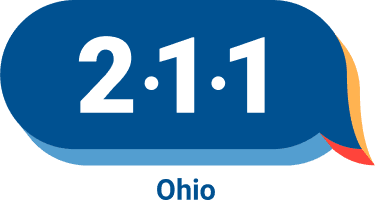Residential State Supplement Program (RSS) | Ohio Department Of Behavioral Health
30 East Broad Street, 8th Floor James A. Rhodes State Office Tower, Columbus, OH 43215-3430
Voice
All forms to complete your RSS application are available at www.mha.ohio.gov/RSS. Please submit the application to OhioMHAS via encrypted email to [email protected] or fax to (614) 485-9747.
Most eligible consumers may not have a monthly income greater than $800. Consumers living in Community Adult Mental Health Housing may not have a monthly income greater than $600. Consumers living in a Residential Care Facility or an adult group home may not have a monthly income greater than $900. Consumer may not have more than $1,500 in assets (regardless of type of residence).
Marion County, Ohio
Muskingum County, Ohio
Morgan County, Ohio
Perry County, Ohio
Crawford County, Ohio
Guernsey County, Ohio
Licking County, Ohio
Coshocton County, Ohio
Washington County, Ohio
Wyandot County, Ohio
Pickaway County, Ohio
Monroe County, Ohio
Noble County, Ohio
Athens County, Ohio
Knox County, Ohio
Description
Provides a monetary supplement to low-income adults with disabilities who do not require nursing home care. Along with the consumer's income, RSS prevents premature or unnecessary institutionalization. Eligible consumers can use the supplement to remain in their own community in adult foster, family or group homes, residential care facility, mental health residential facility or alternative community home.
Data provided by
211 Pathways
Providing organization
Ohio Department Of Behavioral Health
Ohio Department of Behavioral Health (DBH) is the new name for the Ohio Department of Mental Health and Addiction Services (OhioMHAS). This change reflects an embracing of updated language to reduce stigma and encourage more Ohioans to seek the support they need.
